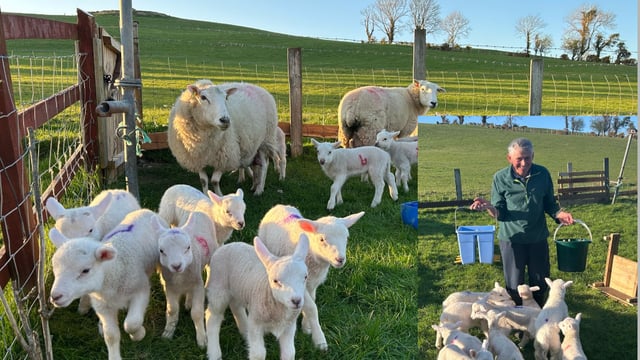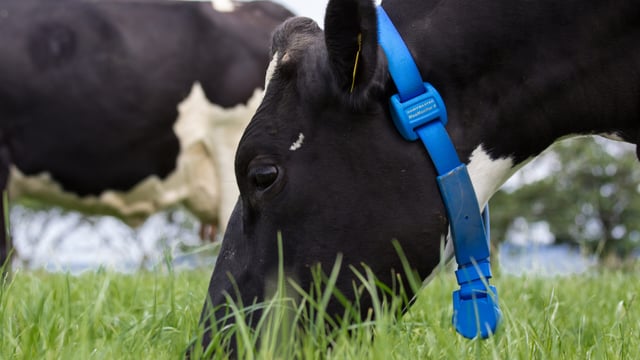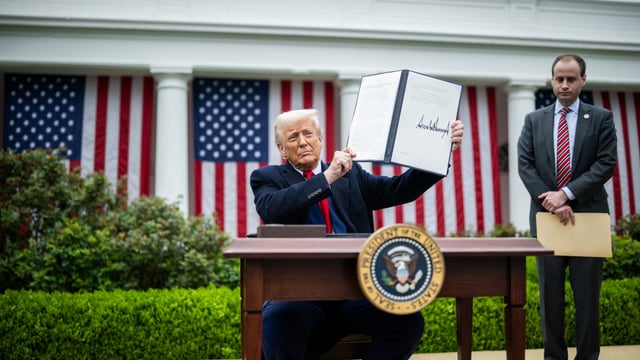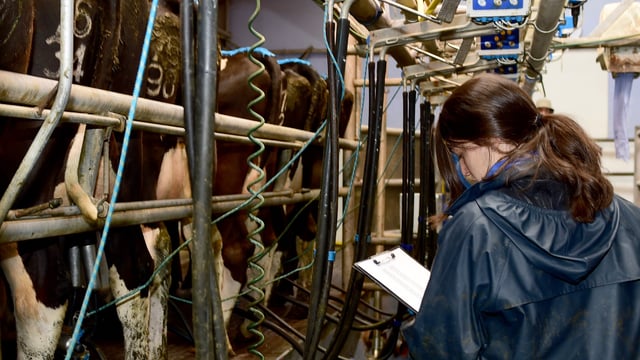Copa Cogeca calls for 'de-escalation' after new US tariffs
Copa Cogeca, the umbrella group representing European farmers and agri-cooperatives, has called for de-escalation in increasing trade tensions following new US tariffs.
Last night, US President Donald Trump announced a series of “reciprocal tariffs” on other nations, including an additional 20% levy on goods from the European Union.
There will be a baseline or minimum tariff of 10% placed on all goods entering the US, which will take effect from April 5 and will then be replaced by the higher tariff rate from April 9.
The EU Commission is currently working on a series of counter tariffs, however, no announcement has been made yet.
Copa Cogeca said that policymakers must "fully exhaust diplomatic efforts in the coming days".
"Both sides must work constructively to address grievances without jeopardizing existing trade benefits, ensuring that farmers and agri-cooperatives can continue to contribute to food security and economic resilience on both sides of the Atlantic," it said.
Tariffs
Copa Cogeca noted that the EU and the US share "a longstanding, mutually beneficial agricultural trade relationship built on complementary strengths".
It said that the introduction of additional tariffs "threatens to disrupt global supply chains, drive up prices, and limit market access for farmers and agri-cooperatives on both sides of the Atlantic".
The organisation warned of "significant economic consequences for the agricultural sector".
Copa president Massimiliano Giansanti said that "European farmers and agri-cooperatives are already facing mounting challenges, from rising production costs to climate-related pressures".
"These new tariffs will add to further uncertainty and financial strain on our sector, affecting both producers and consumers.
"Ensuring our food security must be Europe's compass in these difficult times, as our common national security starts there. We urge policymakers on both sides to seek dialogue and avoid a full-scale trade conflict," he said.
Cogeca president Lennart Nilsson added that "retaliatory trade measures will not benefit farmers in either the EU or the US".
"Instead, they will limit our opportunities, raise prices, and weaken the resilience of agricultural businesses.
"We call on both administrations to prioritise negotiations and explore all diplomatic avenues before resorting to measures that could have long-lasting consequences," he said.











